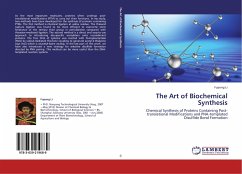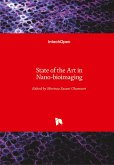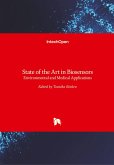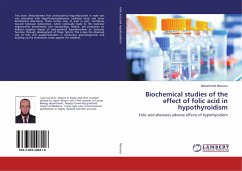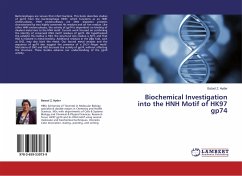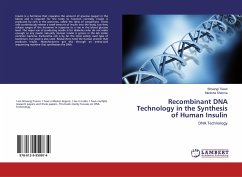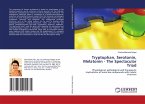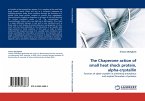As the most important molecules, proteins often undergo post-translational modifications (PTM) to carry out their functions. In my study, two methods have been developed for the synthesis of proteins containing PTMs. The first method is chemical ligation at valine residue. The thioacid capture ligation was found to be more efficient to overcome steric hindrance of the tertiary thiol group in penicillamine compared with thioester-mediated ligation. The second method is a direct and easy-to-use approach to introducing site-specific acetylation onto recombinant proteins. The free thiol of cysteine was reacted with N-vinylacetamide (NVA) by radical-mediated thiol-ene coupling to generate acetyl-4-thialysine (sLys (Ac)) which is anacetyl-lysine analog. In the last part of this work, we have also introduced a new strategy for selective disulfide formation directed by PNA pairing. This method can be more useful than the DNA-templated reaction systems.
Bitte wählen Sie Ihr Anliegen aus.
Rechnungen
Retourenschein anfordern
Bestellstatus
Storno

